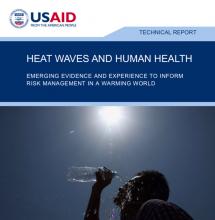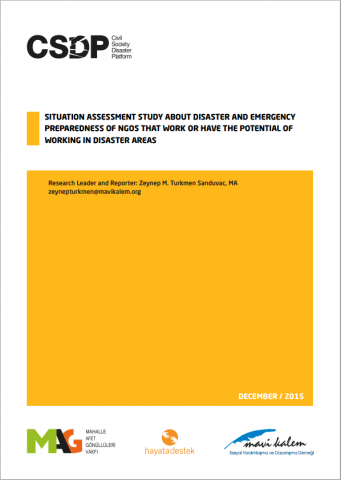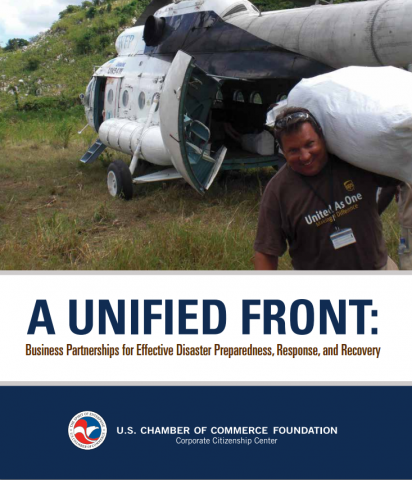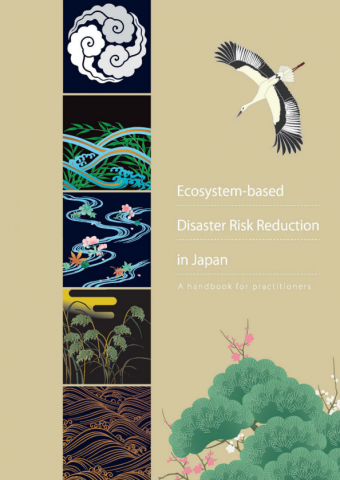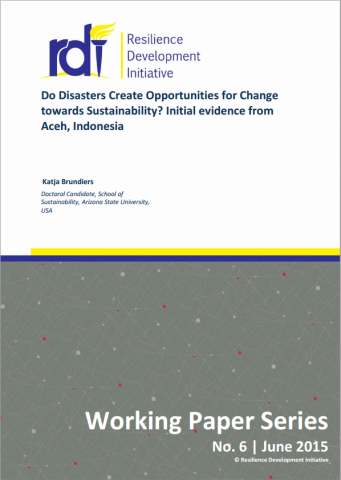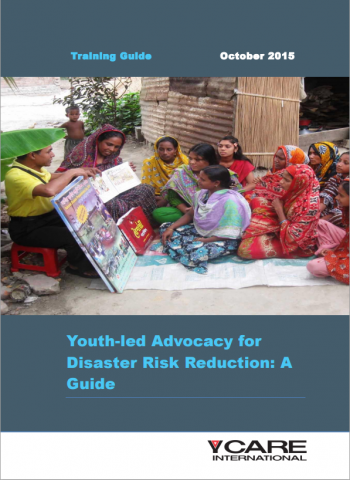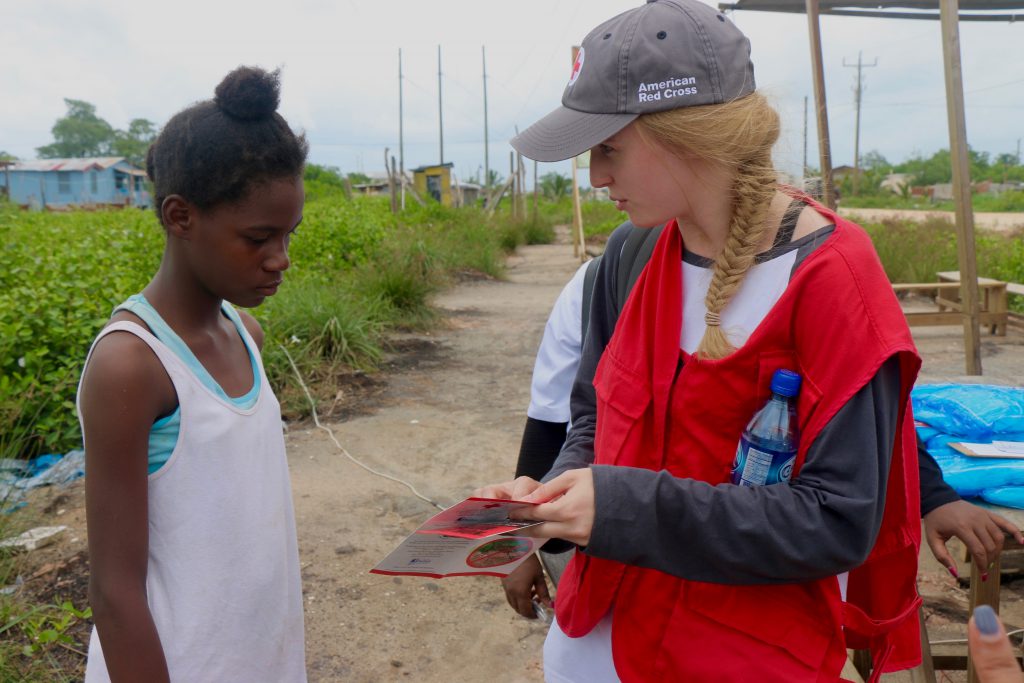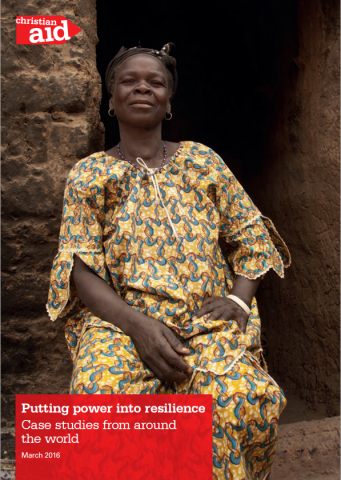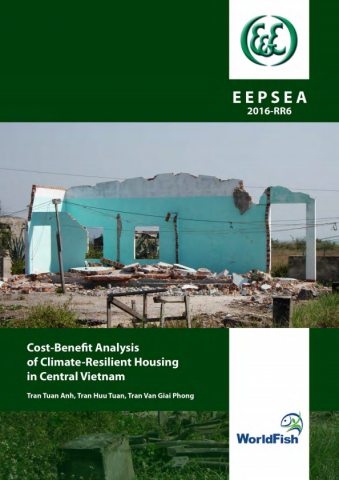Heat Waves and Human Health: Emerging Evidence and Experience to Inform Risk Management in a Warming World
This report from the USAID-funded Adaptation Thought Leadership and Assessments (ATLAS) project examines efforts to better understand and manage the risks of extreme heat on human wellbeing, including the public health burden heat poses and the direct and indirect impacts of heatwaves. The assessment was made in support of the Climate Service for Resilient Development […]

